Certain insects are known to build nests out of materials that they either find in nature or make themselves. Termites use chewed wood and mud. Some wasps make paper nests out of chewed wood. Honeybees construct combs from beeswax. And leaf cutter bees? They use carefully cut pieces of leaves to line the cells that will hold their young. Usually, anyway.
But now researchers have found wild bees in Argentina that are using plastic instead of leaves. These bees have been seen using flimsy plastic, like the kind you would find inside packaging or a from a grocery shopping bag.
Is this a weird one-off? Or an adaptation that will catch on?
Solitary bees
First off, a word about how leaf cutter bees — and their nests — typically work. We normally think of this:
A typical honeybee nest. (Getty Embed)
Hundreds, even thousands of insects piled on top of each other, each with a defined role, helping their sweet city hum (or is it buzz?) along.
But leaf cutters are a different breed. These wild bees live a solitary life, the Han Solo to the usual Inter-bee-lactic Empire.
A leaf cutter bringing some leaf pieces to line a cell. (Getty Embed)
Their nests are made up of a few cells — or compartments — that each house a bee larva. To make their little bundles of joy more comfortable and protected, the bees cut leaves into little blankets or mattresses. Adorable!
More plastic
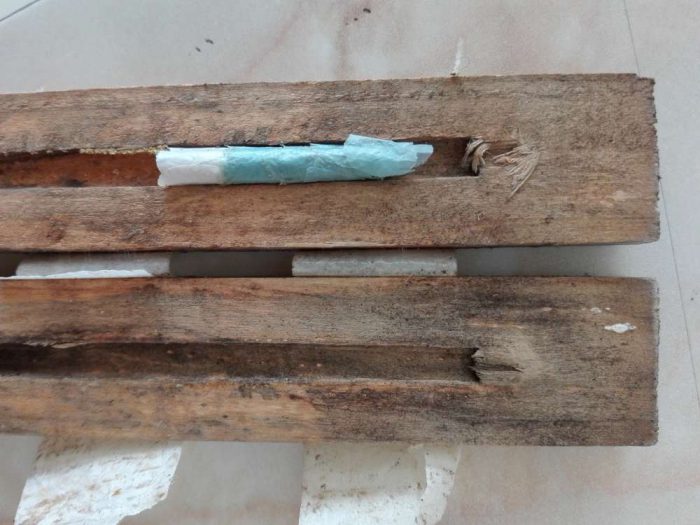
One of the cells of a trap nest, lined with plastic. (Mariana Laura Allasino, Apidologie, 2019)
This is where the plastic comes in. As reported by Science Alert, in a study by Argentina's National Agricultural Technology Institute, researchers placed 63 trap nests in chicory fields. Trap nests aren't what they sound like — they are simply artificially made wooden nests that can be used to help raise wild bees.
When the researchers examined the nests, they discovered that one of them had three cells that were lined with plastic, not leaves. Of the three, one larva had died, one had grown into adulthood and flown away, the other was built by not used.
What will the future bee?
Here's hoping that bees are able to stick with leaves moving forward. (Getty Embed)
So what conclusions can researchers draw from this? It's way too small a sample to say anything too concrete — more research is needed to see whether this is a weird bit of behaviour or a new adaptation.
But this sort of thing has been reported before. In 2013, researchers in Toronto noted that bees were using plastic and foam to line their nests. The story seems to be that bees are capable of adapting to using whatever materials are around. What isn't clear yet? Whether plastic is actually a healthy alternative to leaves.
But we think it's fair to say that it's probably still a good idea to refuse that plastic bag at the grocery store. Bees or no bees, nature doesn't need more of them!
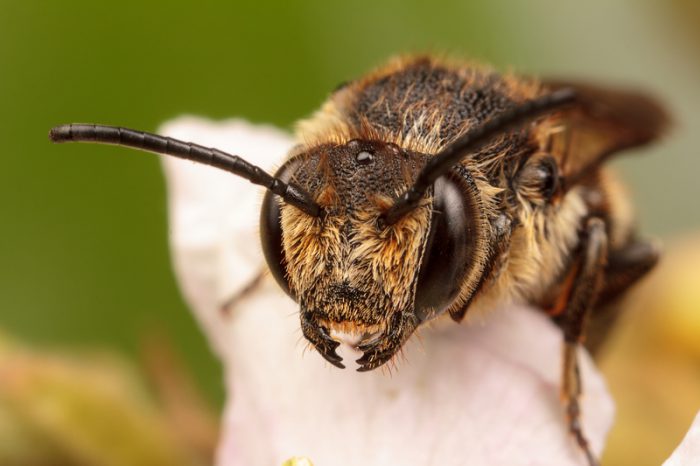 The leaf cutter bee is the species that appears to be making these unique nests. (© Antonycooperba - Dreamstime.com)
The leaf cutter bee is the species that appears to be making these unique nests. (© Antonycooperba - Dreamstime.com)
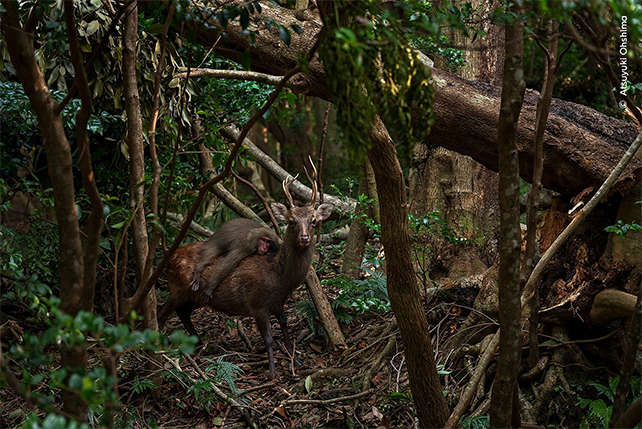

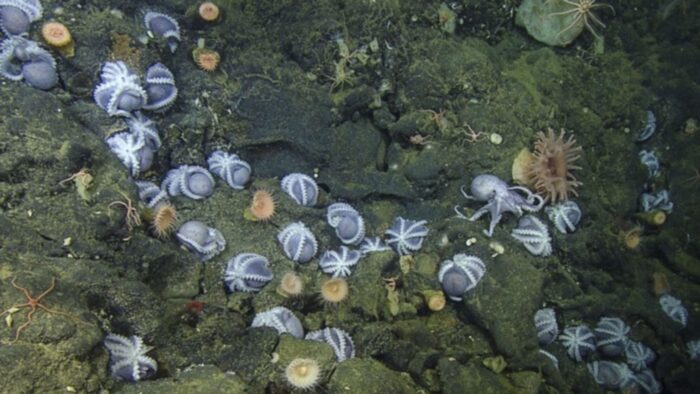
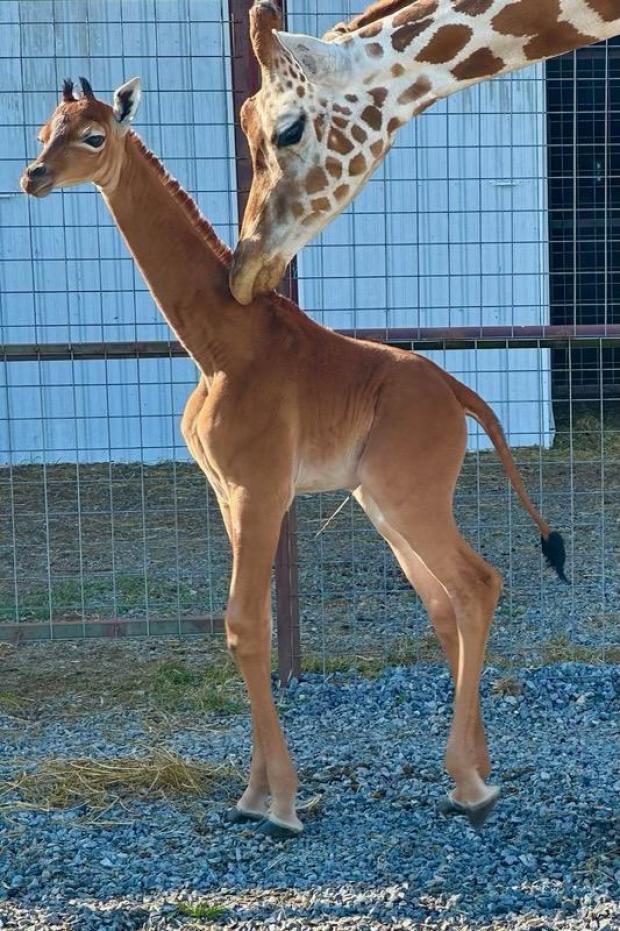

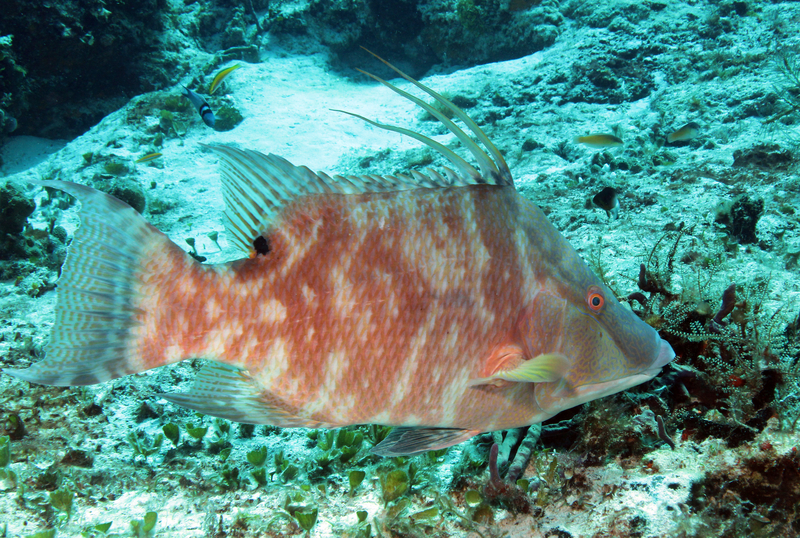


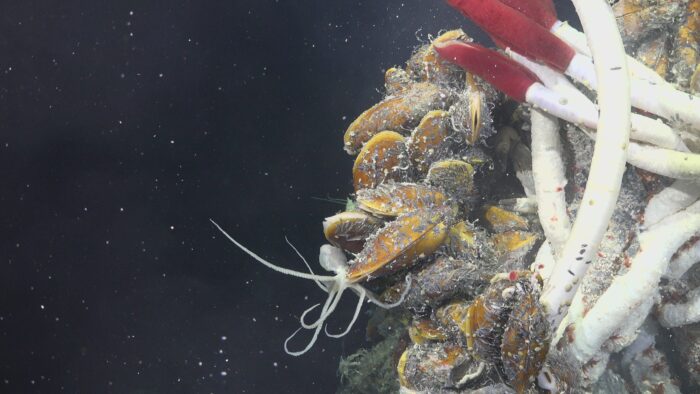

Maybe this could bee (lol) a way to get rid of plastic?
Bees can recycle!
I can’t belive bees can really help us recycle! ❗ ❗ 😎 😎
I don’t like
wild bees they are gross.
yah they are gross and stupid
NOT TRUE!!! Because without bees, the earth would just be a ball of dust! Bees help the planet stay clean and green.